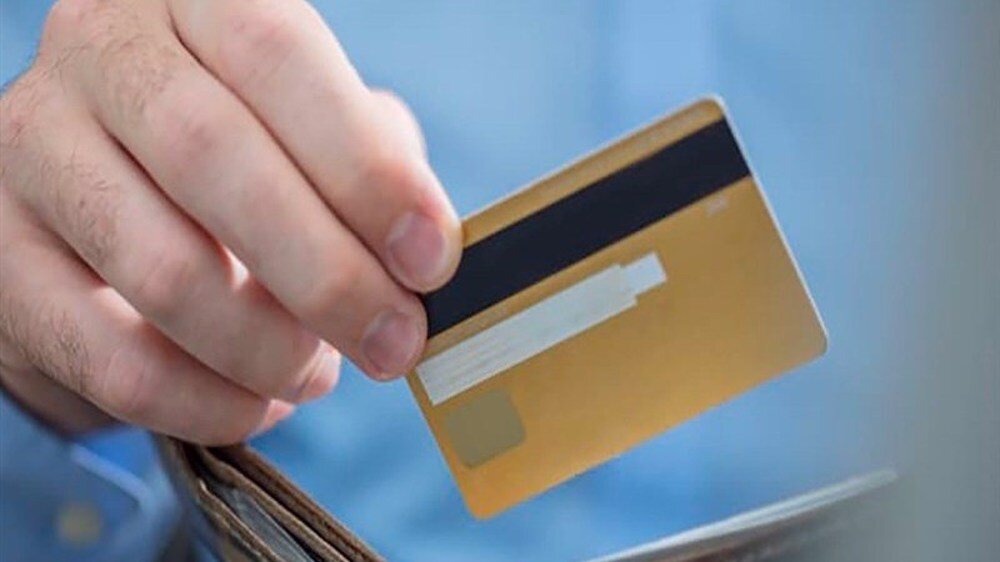Iran Unveils New Debit Cards for Foreign Travelers: A Game-Changer for Tourists!
The Central Bank of Iran (CBI) has recently made a significant announcement regarding the issuance of debit cards for tourists and non-resident foreign individuals. This new measure aims to provide a more convenient payment option for visitors in Iran, allowing them to transact using the Iranian currency, the rial. This move is expected to enhance the travel experience for foreigners visiting the country, as reported by Press TV.
According to the CBI’s decree, public and private banks in Iran are now authorized to issue these debit cards, enabling foreign visitors to easily pay for goods and services. Here are some key details about this new initiative:
- Currency Exchange: Foreign visitors can exchange their currencies for rial at rates approved by the CBI’s exchange system. This amount will then be deposited into the account linked to the debit card.
- Card Balance: The balance remaining on the card will be refunded to the cardholder upon its expiration, ensuring that tourists do not lose any money.
- Previous Challenges: Before this decree, tourists were often required to carry large amounts of cash, making their travel less secure and more cumbersome.
The CBI’s initiative is expected to address the inconvenience faced by many foreign visitors, who previously had to sell their currencies at unfavorable rates just to obtain cash. However, there are still some concerns regarding the popularity of this new measure among all tourists. The exchange rates offered to obtain these debit cards may be 20-30% lower than those available in the free market, potentially discouraging some visitors from utilizing this service.
This strategic move by the CBI was approved back in November of last year and has been initiated following a recent incident that raised safety concerns for tourists in Iran. Reports surfaced about a tragic event in which a tourist fatally stabbed a guide over a disagreement regarding the exchange of a 100-dollar note in a downtown Tehran hotel. Such incidents highlight the need for safer and more efficient monetary transactions for visitors.
In summary, the CBI’s new decree for issuing debit cards to tourists and non-residents marks a significant step towards enhancing the overall experience for foreign visitors in Iran. By allowing for easier currency exchange and secure transactions, the CBI aims to attract more tourists and facilitate smoother financial interactions during their stay. However, the effectiveness of this measure will largely depend on how well it is received by the international community, considering the potential hurdles of lower exchange rates.
As the situation develops, it will be interesting to see how this initiative impacts both tourism and the local economy in Iran. The CBI is hopeful that this change will not only make it easier for tourists to manage their finances but also contribute positively to the country’s image as a welcoming destination for travelers.
In conclusion, the introduction of debit cards for tourists in Iran is a noteworthy development that reflects the CBI’s commitment to improving the financial landscape for foreign visitors. While there are concerns about exchange rates and overall adoption, the potential benefits of this initiative could lead to a more favorable environment for tourism in Iran.






